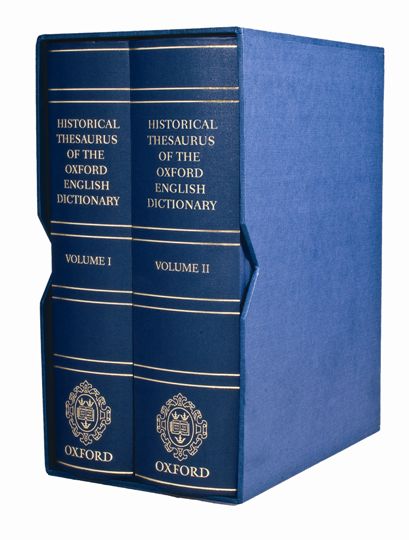
There has been much debate as to the legitimacy of the claim that our vocabulary is shrinking. Some insist that the evidence for the decline is incontrovertible. Others insist that the arguments for the diminishing palaver of Americans is specious. So, who is correct?
For my part, I come down with those who think the lexicon of the average American (especially those under 30) is abating. In part this is due to the simply mathematics of it all. We know a lesser number of words well enough to understand their meaning when we read them and even fewer of the words we know or read actually find it into our working vocabulary. It is also due to the fact that words are being invented at a spectacular rate and they are also being retired at the same hurried pace. Some of those words are so 29 seconds ago, if you know what I mean. It is also due to the fact that we are redefining words and giving them new and different meanings than they have classically enjoyed. So we use the same words but mean different things according to the way in which we use them. This effectively shrinks our vocabulary without diminishing our range of expression.
As one who is sometimes accused of using words ordinary folks do not know or understand, I am particularly disheartened by the shrinking of the American vocabulary. As one whose stock and trade is words, I find it vexing to my main task of preaching and teaching the faith. The Word is words. With fewer words recognized and understood by our hearers, the number of tools in God's toolbox and the preacher's kit is reduced.
Some will complain about this situation, others are indifferent to the plight of the wordsmith. I read of one who, like me, laments the loss of words. You can read his soliloquy on behalf of the antiquated and obscure in our vocabulary. I would simply remind you of the many attempts over history to abbreviate the choices available to the speaker or writer and of their failure. Our ability to communicate is not hindered but assisted by the range of choices available to the writer or speaker.
The current Oxford English Dictionary, most recently revised in 1989, contains over 600,000 words. It's claimed that the average college-educated English speaker typically has a working vocabulary of more than 100,000 words. They must have been talking about a previous era of college graduates, as many of the newer ones I've worked with seem to get by with a few orders of magnitude less than that number. Perhaps it's a sign of ongoing biological evolution. Language centers in the brain are shrinking beyond all sense of reasonable proportion, to the diminished size needed to minimally comprehend rap music lyrics. (I have the two volume edition of this dictionary on the bookshelf next to my desk -- bet you were surprised!)
In 1930, C. K. Ogden (in collaboration with I. A. Richards) devised an ultra-truncated version of English. It consisted of just 850 words that could be learned in a few months and used to say anything. He called it Basic English (BE). It was demonstrated that practically anything could be said with these few words – even novels and scientific papers were written in BE. It never caught on. Perhaps texting, email, cell phones, and a general lack of reading and writing may end up fulfilling Ogden's goal of Basic English. If it happens, we will all be the poorer for it.

|

No comments:
Post a Comment
Note: Only a member of this blog may post a comment.